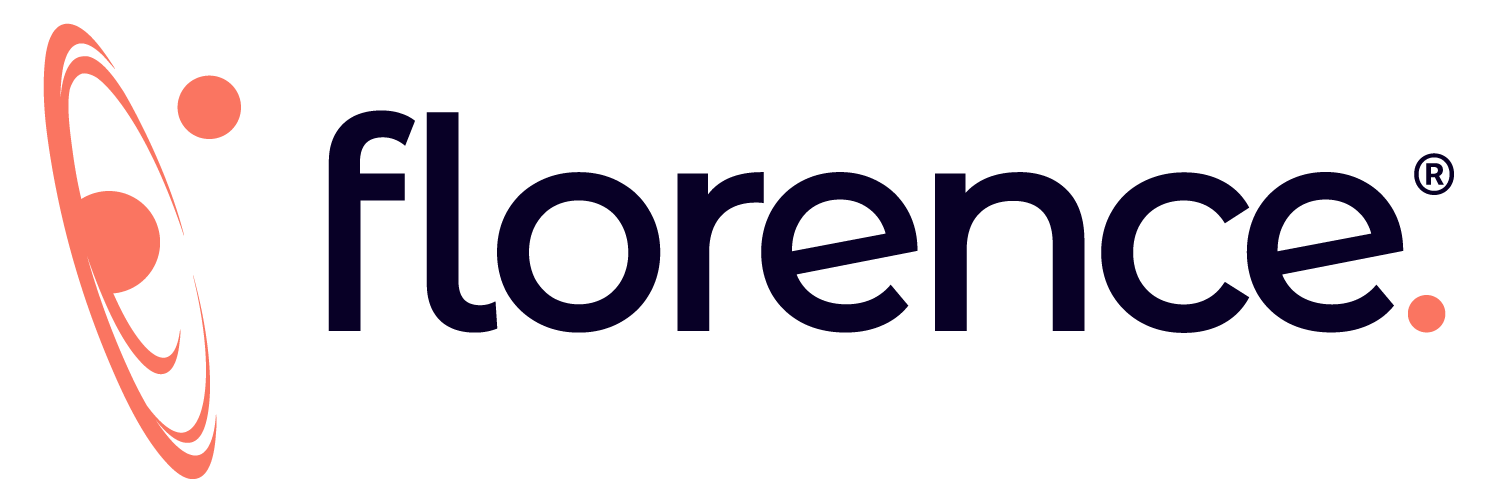FDORA-Omnibus Act 2022: Implications for Clinical Trials and Healthcare
By Catherine Gregor, Chief Clinical Trial Officer, Florence Healthcare
As a dedicated clinical trial nerd, I have been closely following discussions around the FDA Omnibus Reform Act (FDORA) passed at the end of last year. What does an omnibus act have to do with clinical research you ask…usually not a lot. Omnibus acts are typically government spending bills that dictate how programs will be funded in a given year.
This one however is interesting in that it is aimed at the FDA, signaling that Biden’s administration is prioritizing research and health care reform. Included in the 1653 pages of text, are several key provisions that will have a significant impact on the clinical trial industry, both in terms of funding and operational processes. Specifically, the act takes on the FDA’s accelerated approval process, Bioresearch Monitoring (BIMO) inspections, clinical trial diversity, and decentralized clinical trials (DCTs).
First and foremost, the act includes increased funding for clinical trials and healthcare initiatives, including a $1.5 billion funding increase for ARPA-H, a $2.5 billion funding increase for NIH, and a $3.53 billion funding increase for FDA. Investments like these are incredibly important as they allow researchers to run investigator-initiated trials and help provide infrastructure support to research programs in a number of center types. Additionally, increased funding to the FDA gives them more resources to support development of new initiatives and support the implementation of existing guidance.
Another notable provision of the act is the authorization for the FDA to outsource services to accelerate approval timelines. This includes inspection support and new vendors, which can help streamline the approval process and reduce delays in bringing drugs to market. The act also clarifies the inspection authorization for the agency’s BIMO program, opening up the possibility for more frequent inspections.
Remote regulatory inspections for drug and device manufacturing facilities and Institutional Review Boards (IRBs) are also now allowed. Remote inspections have historically been a gray zone for FDA since it would require inspectors logging in and directly accessing external systems. The new mandate will hopefully streamline data sharing between stakeholders and eliminate the need for research staff to manually walk inspectors through electronic records.
FDORA also requires diversity plans for all device studies and all phase III drug studies, including sex, socioeconomic status, and age in addition to race and ethnicity. This is an expansion of the April 2022 guidance that the FDA put out on diversity plans in that it makes the plans a requirement rather than a recommendation. Further, FDORA broadens the definition of diversity beyond just race and ethnicity by adding reporting requirements around sex, gender identity, age, socioeconomic status, disability, pregnancy status, lactation status, and co-morbidity. Additionally, the act requires the FDA to start reporting publicly on diversity metrics in 2024.
While many feel that this is a positive step towards increasing diversity in clinical trials, FDORAs requirements also create several operational challenges for the FDA. The agency is now tasked with figuring out how to manage the reporting process, including the granting of waivers and modifications to plans. That said, it will be important for sponsors and sites to stay informed and adapt to these changes in order to ensure compliance.
Finally, FDORA also includes a mandate that the FDA must issue a draft guidance to provide recommendations that clarify the use of DCTs. This guidance is required to be delivered by the end of 2023 and is expected to include recommendations on topics like digital health technology (just released in March of 2023), patient recruitment, telemedicine, home visits, investigational product shipping, and remote data collection methods.
Overall, the FDORA has significant implications for clinical trials and healthcare in the United States, and as a clinical trial enthusiast, I am here for it. I, like many in the industry, am committed to staying informed and adapting to these changes in order to advance our shared goals of improving patient outcomes and advancing medical knowledge.
Five Key Takeaways:
- The FDORA-Omnibus Act of 2022 includes increased funding for clinical trials and healthcare initiatives, which will support important research and innovation.
- Agencies are now authorized to outsource services to accelerate approval timelines, including inspection support and vendors, which can help streamline the approval process and reduce delays.
- Remote regulatory inspections for drug and device manufacturing and IRBs are now allowed under the act, which may help accelerate the approval process, but safety and quality must be ensured.
- The act emphasizes source data validation and monitoring activities, with an increase in prosecutions related to BIMO inspections, highlighting the need for attention to detail and scrutiny during site selection.
- The act requires diversity plans for all device studies and all phase III drug studies, including sex, socioeconomic status, and age in addition to race and ethnicity, which is a positive step towards increasing diversity in clinical trials but creates operational challenges for the FDA to manage.
https://www.congress.gov/bill/117th-congress/house-bill/2617/text

